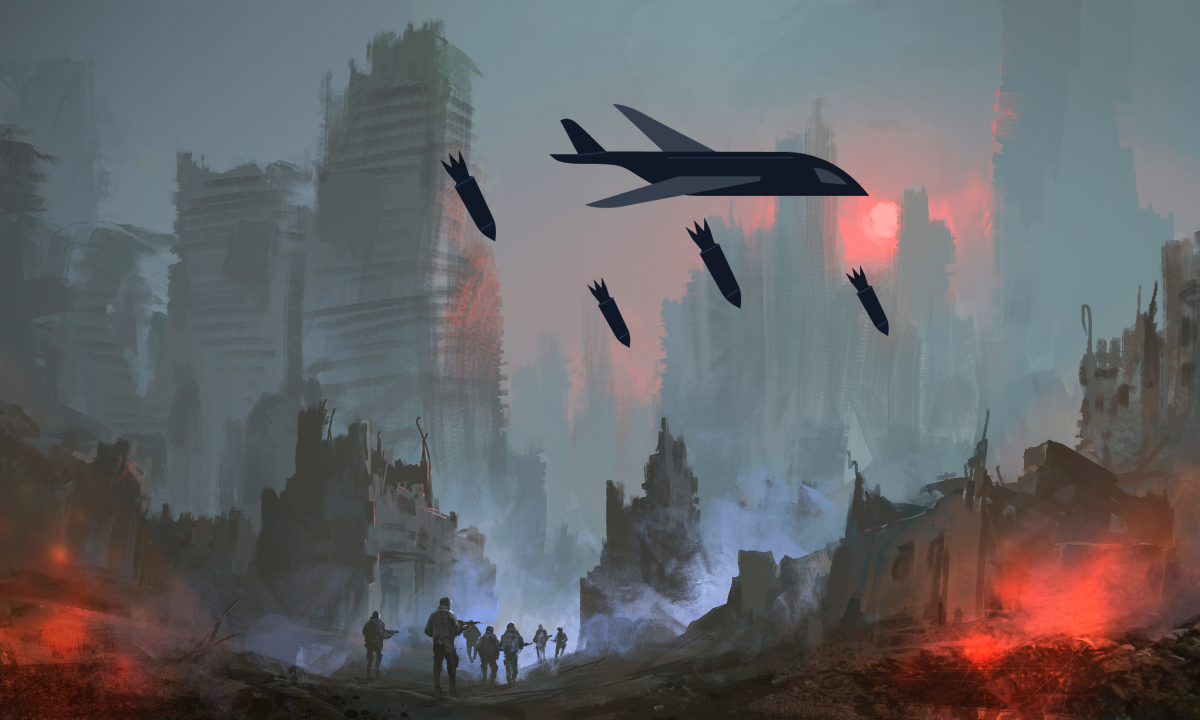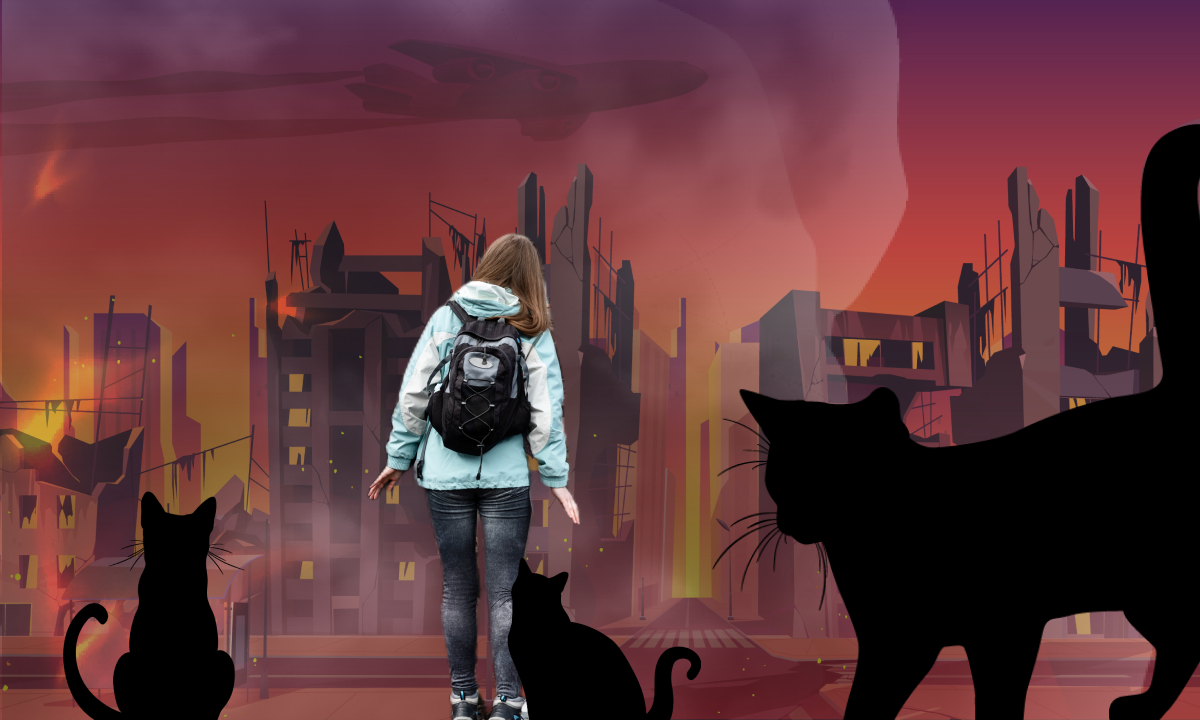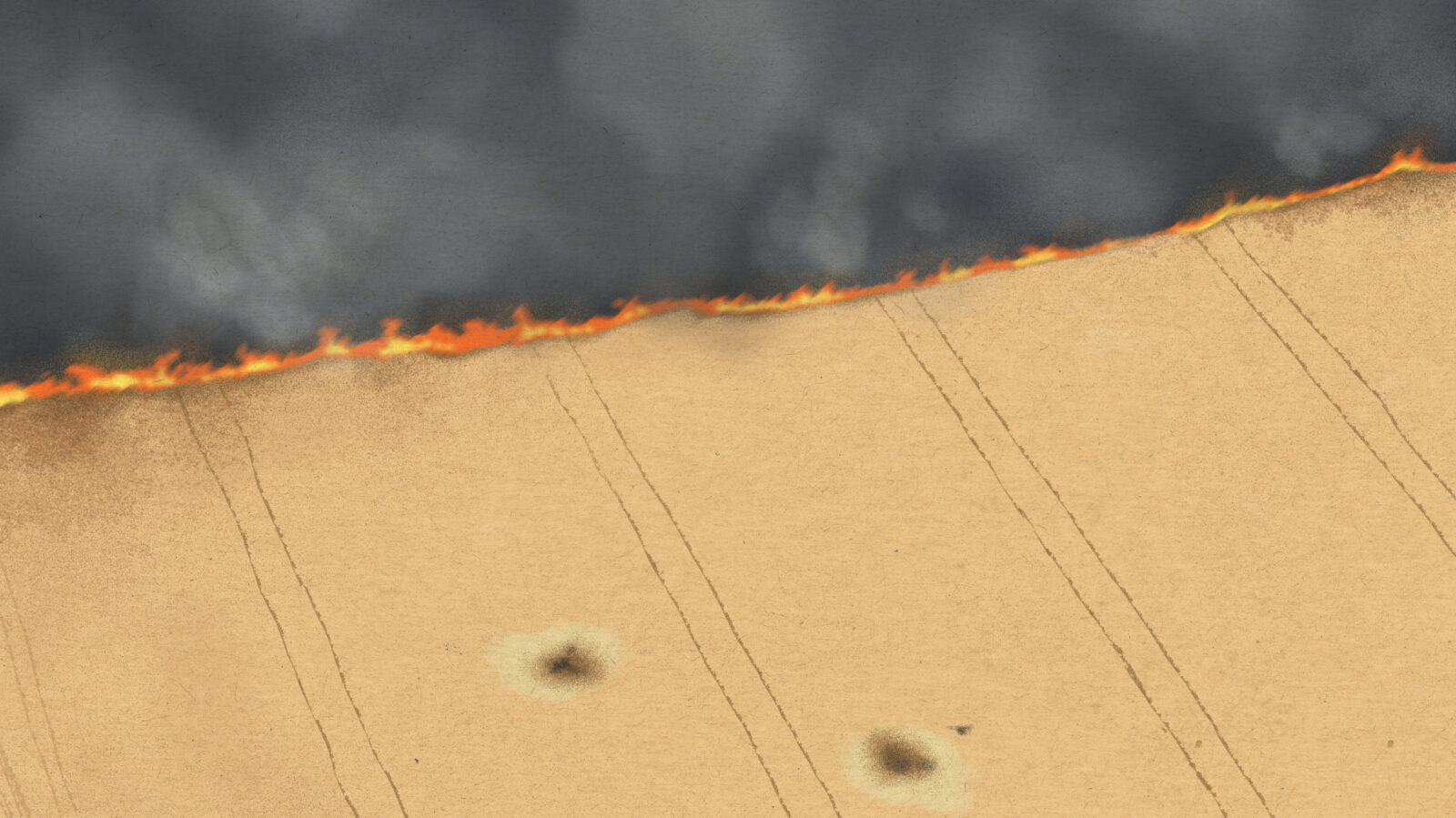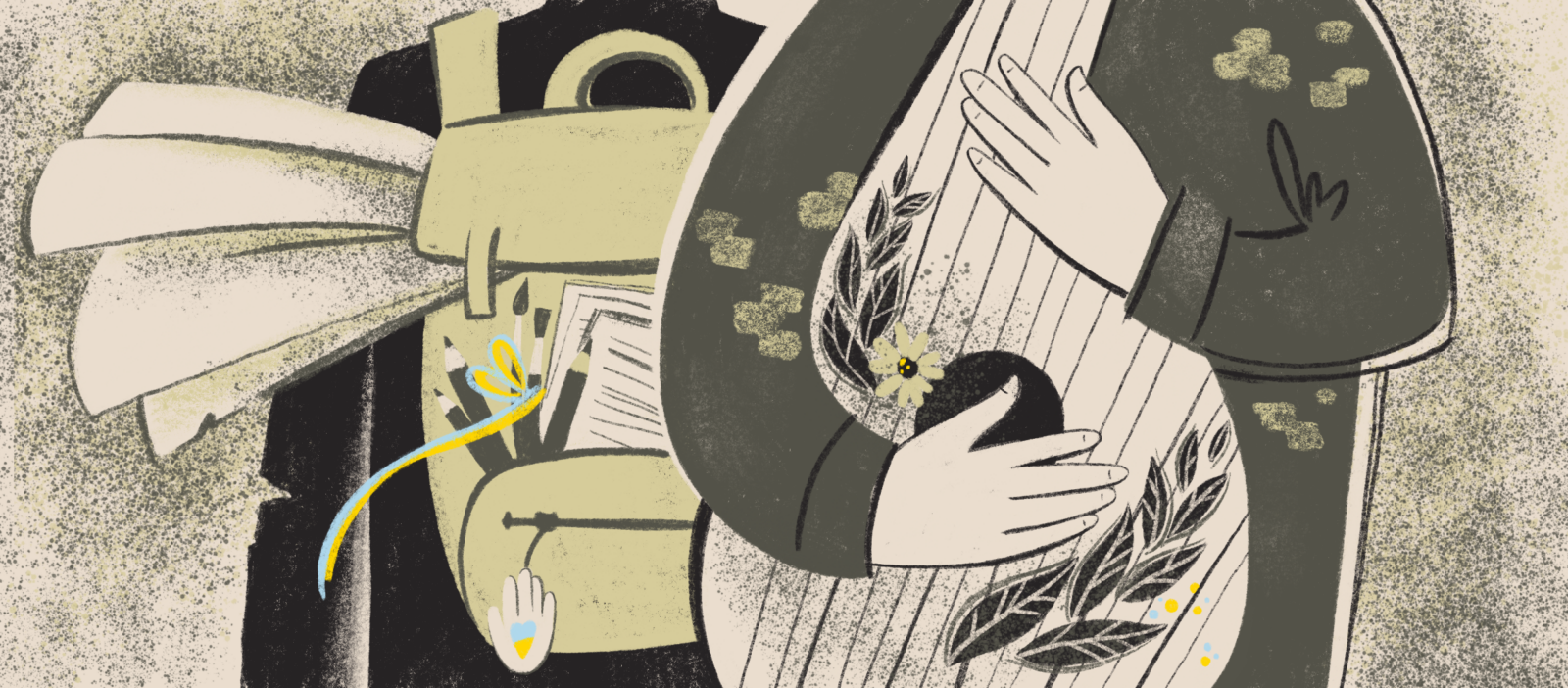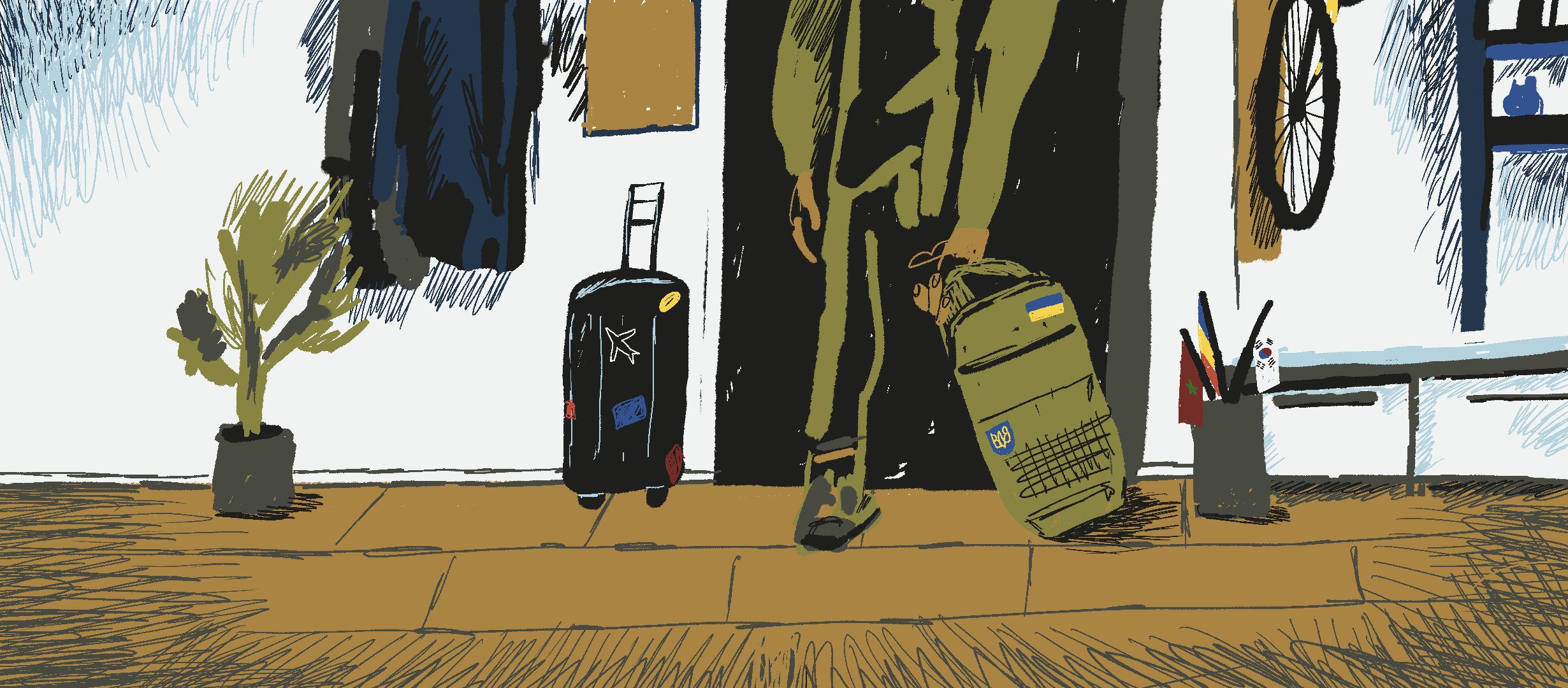Marianna is 24. On the morning of February 24, she woke up in her apartment in Lviv to feed her six-month-old son Taras. She turned on the news and found out that Russia had started a full-scale invasion.
“I will never forget how I started crying while feeding my son. Because I understood that the war had begun,” says the girl.
Marianna fully realized what had happened when she took her baby out for a walk: she could find only one place in the center of Lviv where they still served coffee. All coffee shops were closed.
The day before, Marianna had got Taras a passport just in case, so the decision to go abroad seemed to lie on the surface. Since men of the conscription age were banned from leaving the country, she decided not to go on her own. After all, if it weren’t for the baby, she would be ready to fight.
Although after their first hiding in an old dusty bomb shelter, she changed her mind.
“I realized that I should make a priority of my son, not of my desire to destroy the occupiers at the cost of my own life. Because now his life depends on me.”
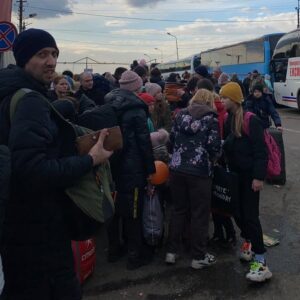
So they set off. Crossing the border was very difficult. The car got stuck in a traffic jam on the Polish border. Then Marianna wrapped her son in everything she had, hid him under her jacket, and walked 22 kilometers in the cold together with her family. People who live in the houses on both sides of the road arranged heating stations, offered some tea and hot food.
“I cried because I didn’t want to leave the country where such nice people live,” she recalls.
One kilometer to the border, she said goodbye to her husband. There was a bus for mothers and children, but it was not easy to get on board. Some stood in line for several days. Marianna stood there for 5 hours when someone asked if there were any two or three months old children in line. The girl ran. A stranger helped her with her things — a child car seat, her son’s things, money, and documents.
“I took some photos because I didn’t know if I would see my husband and parents again. I felt very desperate, but I just tried to hold on and not to cry.”
On the Polish side of the border, they gave Marianna a room she could feed her baby in and warm up. They asked her where her things were, and she did not know how to explain that everyone left extra luggage on the roadside on the way to the border.
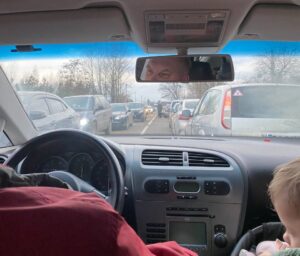
“My acquaintances met me at the border. At first, I told jokes in the car and was energetic. And then I just started trembling like in an epileptic fit. I suddenly felt how cold I was, how bad I was… I didn’t allow myself to feel that before.”
Marianna is safe now. Poland is providing refugees with legal assistance; if the war continues, the girl will be able to find a job. However, she dreams of Ukrainian victory and economic recovery; she wants to return home.
“My biggest fear is to lose my family that stayed in Ukraine. This war has taught us that human life is the most valuable thing we have, and all the material things mean nothing.”





